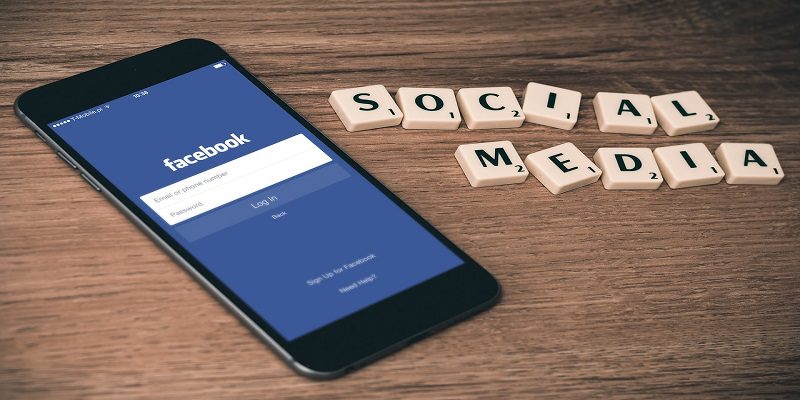In the fast-paced digital age, social media has become an integral part of our daily lives, influencing the way we connect, communicate, and consume information. While it offers numerous advantages, the impact of social media on society is a topic that warrants careful examination. This blog post delves into the pros and cons of social media, shedding light on its multifaceted effects on individuals, communities, and the broader societal landscape.
Pros of Social Media
Global Connectivity
Social media has broken down geographical barriers, providing individuals with the ability to connect seamlessly across borders. Whether it involves rekindling old friendships, forming new international relationships, or participating in global discussions, social media has redefined the dynamics of interpersonal connections in an increasingly interconnected world.
Information Dissemination
The rapid dissemination of information is one of social media’s most impactful advantages. Platforms like Twitter and Facebook serve as real-time news sources, offering live updates during emergencies and ensuring that users are consistently informed and connected to the world around them. This immediate access to information has proven crucial in various situations, from natural disasters to political events.
Social media has evolved into a game-changing tool for businesses of all sizes. The capacity to target specific demographics and engage with a diverse audience has transformed platforms like Instagram, Facebook, and LinkedIn into indispensable resources for brand promotion, customer engagement, and lead generation. The potential for organic growth and increased visibility has empowered businesses to thrive in the digital landscape.
Educational Resources
The democratization of information on social media has significantly impacted education. Platforms such as YouTube, TikTok, and LinkedIn have become virtual classrooms, hosting a, plethora of educational content. This not only includes traditional academic subjects but also practical skills, DIY projects, and professional development opportunities. The accessibility of these resources has democratized learning on a global scale.
Community Building
The rise of social media has facilitated the creation of virtual communities based on shared interests and passions. Whether it’s a niche hobby, a professional field, or a social cause, these online communities provide a sense of belonging and enable connections that transcend physical boundaries. The collective power of these communities often translates into collaborative initiatives, positive social change, and a sense of global solidarity.
Cons of Social Media
Privacy Concerns
The ease with which users share personal information on social media comes with significant privacy concerns. Many individuals underestimate the potential consequences, leaving themselves vulnerable to identity theft, online scams, and the unauthorized use of their personal information. The balance between sharing and safeguarding personal data remains a critical challenge.
Fake News and Misinformation
The speed at which information travels on social media has given rise to the rapid dissemination of fake news and misinformation. The absence of traditional gatekeepers allows false narratives to gain traction quickly, leading to the spread of inaccurate information with real-world consequences. This challenge has implications for public trust and the reliability of information sources.
Social Comparison and Mental Health Issues
The curated nature of content on social media can contribute to social comparison, where individuals compare their lives to the seemingly perfect lives of others. This phenomenon can lead to feelings of inadequacy, anxiety, and depression, particularly among the younger demographic. The pressure to conform to idealized online standards has raised concerns about the impact on mental health.
Cyberbullying
The anonymity provided by social media platforms can foster the development of cyberbullying, a pervasive issue that affects individuals across age groups. The digital nature of cyberbullying makes it challenging to escape, leading to severe emotional and psychological consequences for the victims. Tackling cyberbullying requires a concerted effort from both platforms and users to create a safer online environment.
Addiction and Time Wastage
The addictive nature of social media, characterized by endless scrolling and constant notifications, can result in excessive usage. This addiction not only consumes valuable time but may also contribute to decreased productivity and strained real-world relationships. The challenge lies in finding a balance between the benefits of staying connected and the potential pitfalls of overindulgence.
Conclusion
Navigating the intricate landscape of social media necessitates a nuanced understanding of its multifaceted impact. While it offers unprecedented connectivity, information access, and business opportunities, it simultaneously presents challenges related to privacy, misinformation, and mental health. Striking a delicate balance between leveraging the positive aspects of social media and mitigating its potential pitfalls is essential for individuals and society at large. As we continue to witness the evolution of social media, responsible use, critical thinking, and digital literacy will play pivotal roles in ensuring a positive and constructive online experience. Embracing the advantages of global connectivity, fostering a culture of authenticity, and addressing the drawbacks through collaborative efforts will shape the future of social media and its impact on society.



































